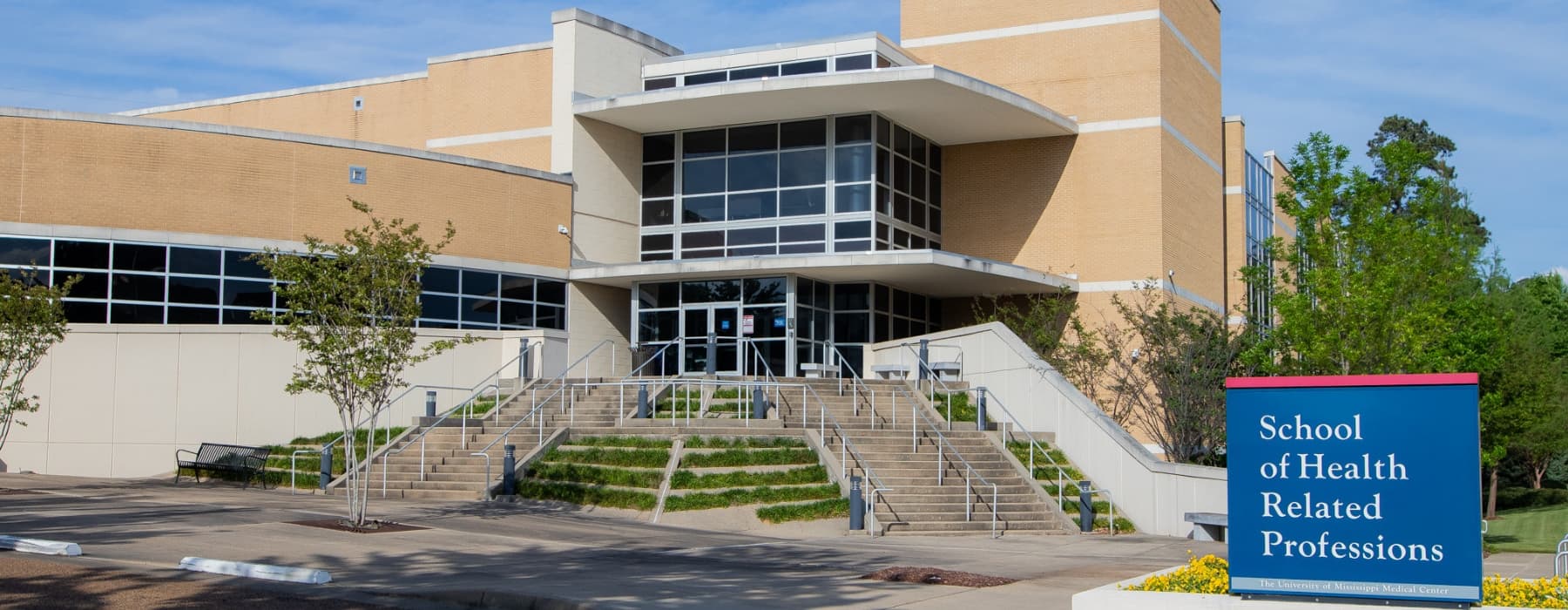
Radiologic Sciences
The field of radiologic sciences is a dynamic profession that is ever-changing in terms of technology and professional expertise. Radiology is one of the fastest-growing, most exciting, and increasingly important fields in medicine today. As an integral part of the health care team, radiologic technologists work to provide outstanding patient care while limiting radiation exposure to patients, themselves, and others.
Radiologic technologists perform medical imaging procedures to help diagnose disease and injury. Technologists perform a variety of challenging and interesting examinations on a heterogeneous patient population. Those procedures include conventional radiography, fluoroscopy, and surgical studies. Although many graduates seek employment as diagnostic radiographers, some go on to specialize in advanced imaging modalities, such as magnetic resonance imaging, computed tomography, sonography, radiation therapy, nuclear medicine, mammography, vascular imaging, and quality management.
A career as a radiologic technologist offers a promising future, job stability, and competitive salaries with other health professionals with similar educational backgrounds. Excellent career opportunities exist in hospitals, diagnostic imaging centers, and private physicians' offices. The Radiologic Sciences degree also provides graduates opportunities for career advancement in administration, medical sales, education, quality management, and public health facilities.
The Department of Radiologic Sciences offers two types of Radiologic Sciences bachelor's degree programs to fit students' career needs.
- The traditional baccalaureate degree program is an opportunity to gain an entry-level radiologic sciences education and clinical experience necessary to become registered as a radiologic technologist.
- The advanced standing baccalaureate degree program offers additional education for those who are registered radiologic technologists.
For more information related to radiologic sciences careers, visit the American Society of Radiologic Technologists (ASRT) website.
About our programs
Entry-level traditional
This entry-level program takes 22 months to complete. Students attend class full-time across five semesters. There is a strong clinical component to the curriculum in this program.
- Applications open July 1st; Application Deadline is February 15th
- Learn more about this program.
Online advanced standing
This program is part-time and offered across five semesters. All coursework is completed online.
- Application Deadline is July 1st
- Learn more about this program.

Accreditation
The Radiologic Sciences program is accredited by the Joint Review Committee on Education in Radiologic Technology (JRCERT). For more information, contact JRCERT at:
Joint Review Committee on Education in Radiologic Technology
20 N. Wacker Drive, Suite 2850
Chicago, IL 60606
(312) 704-5300. Fax: (312) 704-5304
www.jrcert.org
The program’s current award is eight years. General program accreditation information and the current accreditation award letter can be found here.
JRCERT Standards for Accredited Programs in radiologic sciences can be accessed from the JRCERT website.
Program effectiveness data (PED) can also be viewed on the JRCERT website.
How to Find Us
Radiologic Sciences is one of the many programs offered at UMMC's School of Health Related Professions. It offers two bachelor degree programs. One is a traditional full-time program, while the other is an online program.
Our location

